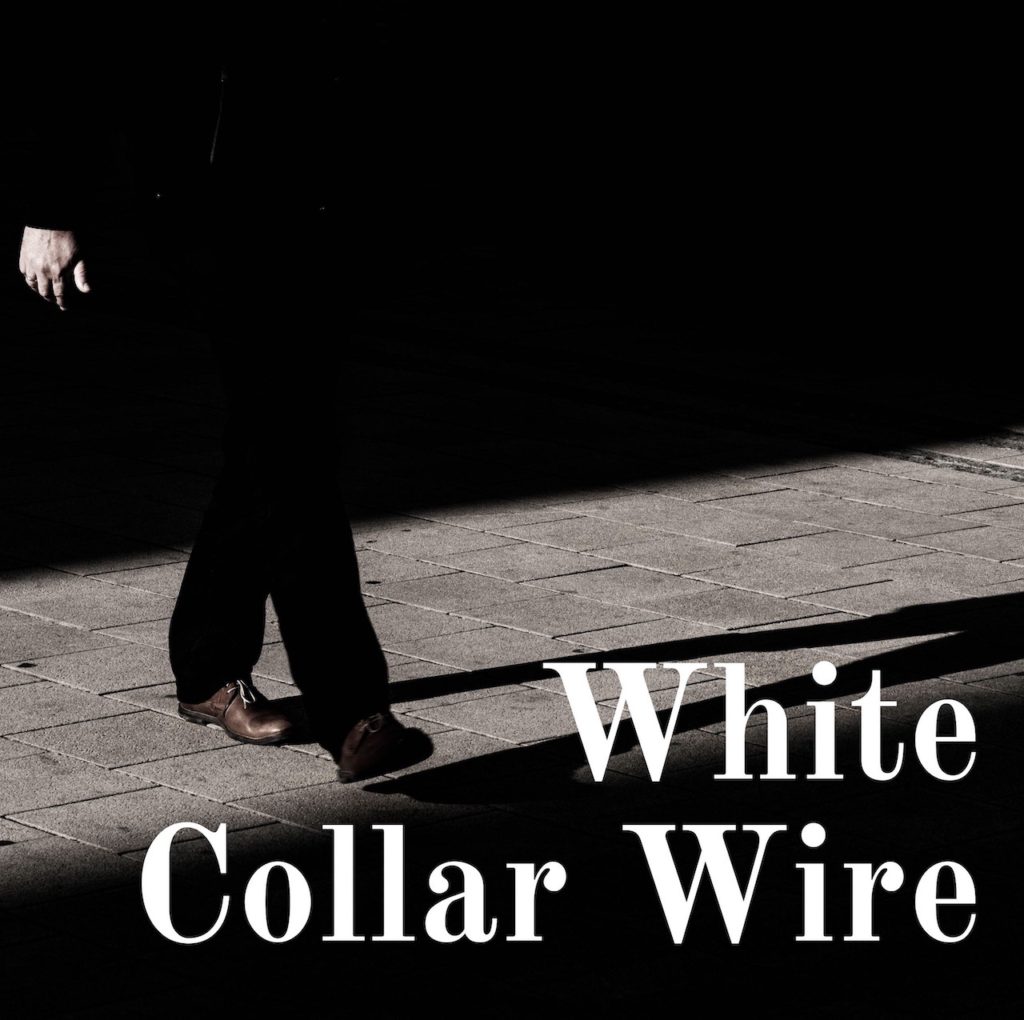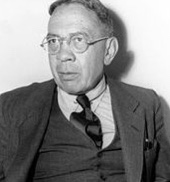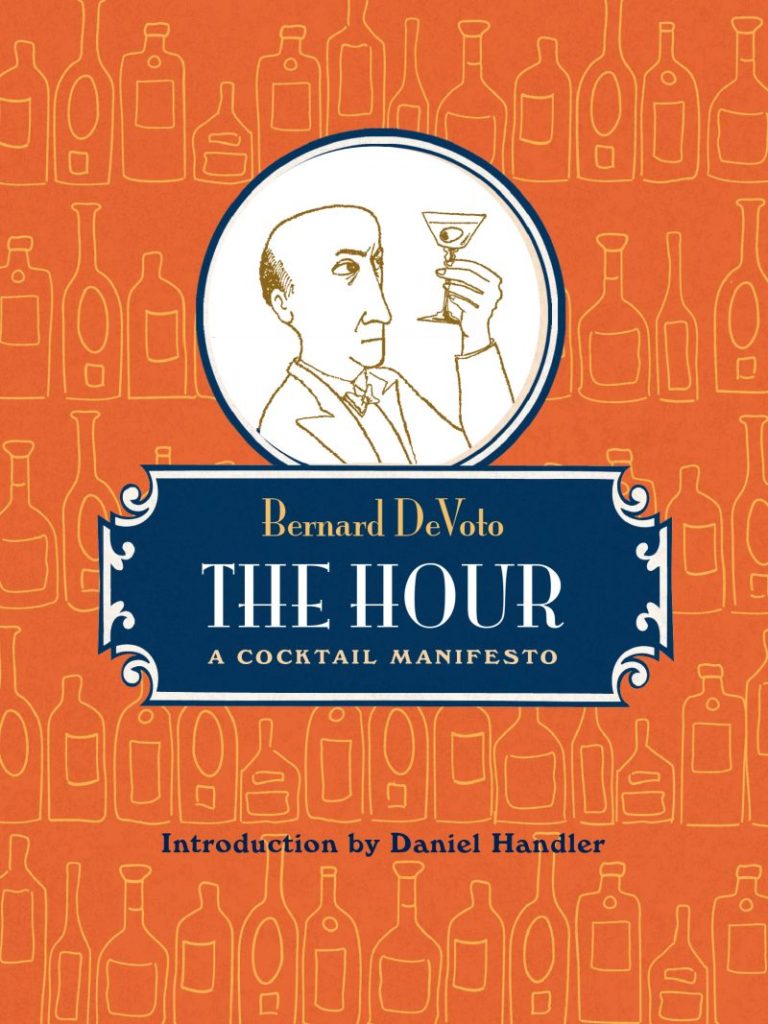Internal Investigations: Cocktails, Coronavirus, Capability Brown
Reading Time: 4 minutes.

My Lightfoot colleague AmberHall and I were recently published in Law 360. We discussed “Anticipating COVID-19’s Effect On Internal Investigations”:
The country and its legal system slowed to a crawl and worked from home. “Zoom” turned from being a quaint verb into a primary pipeline for business interfaces. Schools, colleges and universities closed and sent students home to continue their studies online, in a matter of weeks retraining teachers and pupils and rebranding how we think of education.
One of potential outcomes of the zooming of American business life is a fragmentation and deracination of the corporate workforce unseen since the beginnings of the modern corporate form. Digital norms and online ethics are not as readily enforced as norms and ethics in the office suite, at the break room or even around the water cooler.
The taboos that compliance officers promulgate and white collar lawyers investigate may lose their punch with officers, managers or employees who, for all practical purposes, are working alone. One would expect new and wonderful platforms to spring up in an attempt to replicate the old structures, but they may fail. Their failure will lead to greater and greater opportunity for malfeasance, unethical conduct and criminal business offenses.
Read the rest of the article here.

With the easy-to-use Anchor app, we have just debuted Episode One of Season One of the White Collar Wire podcast. You can you can subscribe at Spotify, on Anchor, or wherever you get your podcasts, or through the RSS feed.
Episode One addresses (surprise) the article noted above that Amber Hall and I wrote. We also discuss American man of letters Bernard DeVoto and one of the best books ever written about the martini.

Bernard DeVoto (1897 – 1955) is a now little-referenced American historian, essayist, columnist, editor, and reviewer. From the 1930s through the 1950s, however, he was a leading cultural and artistic force in America and won the Pulitzer Prize for a popular history of the American West. In 1951 he published a slender volume called The Hour: A Cocktail Manifesto (republished in 2010 by Tin House books).
The Hour is to the martini as Strunk and White’s The Elements of Style is to English composition. Both are short, plainly written, directed to the common user rather than to the pedagogue, and slender in size and scope. Both are also quite affirmative, if not dictatorial, in their listings of do’s and don’ts. I commend both books to you .

The maiden podcast from White Collar Wire concludes with a short reading from The Hour. As you listen to DeVoto’s panegyric to the martini, I hope that you too are somewhere in a place of comfort in these difficult times, preparing to enjoy a similar cocktail.

One place of beauty in Great Britain — and a great setting for a cocktail — is Chatsworth House. Chatsworth is home to the Duke and Duchess of Devonshire and has been passed down through 16 generations of the Cavendish family. In the Spring of 1981, as a sophomore at Washington & Lee University, English professor John Evans led a group of us to England for a Spring Term course on art and architecture in eighteenth century England. (It was a more innocent time. And yes, there are photos somewhere).

Here is a good video talk on ‘Perfection is One Thing’: Chatsworth and the Art of Capability Brown:
The ICAA hosted John Phibbs, noted author and principal of Debois Landscape Survey Group, for a lecture on landscape gardener Capability Brown. Brown is credited with creating much of the parkland surrounding Chatsworth, and throughout his lecture, Phibbs explores the genius of Brown’s designs and addresses the ways in which landscapes challenge our understanding of what we consider to be art.